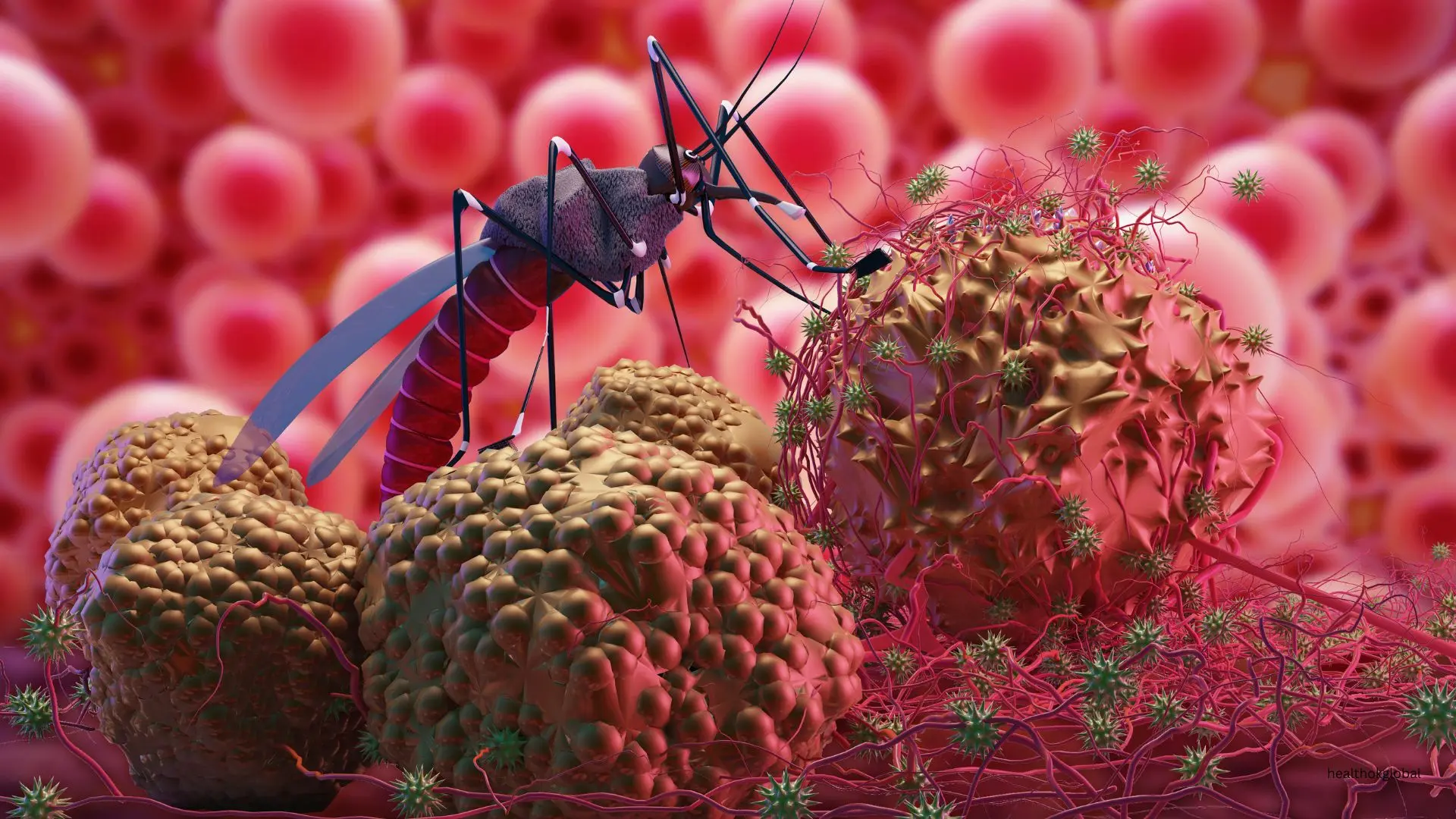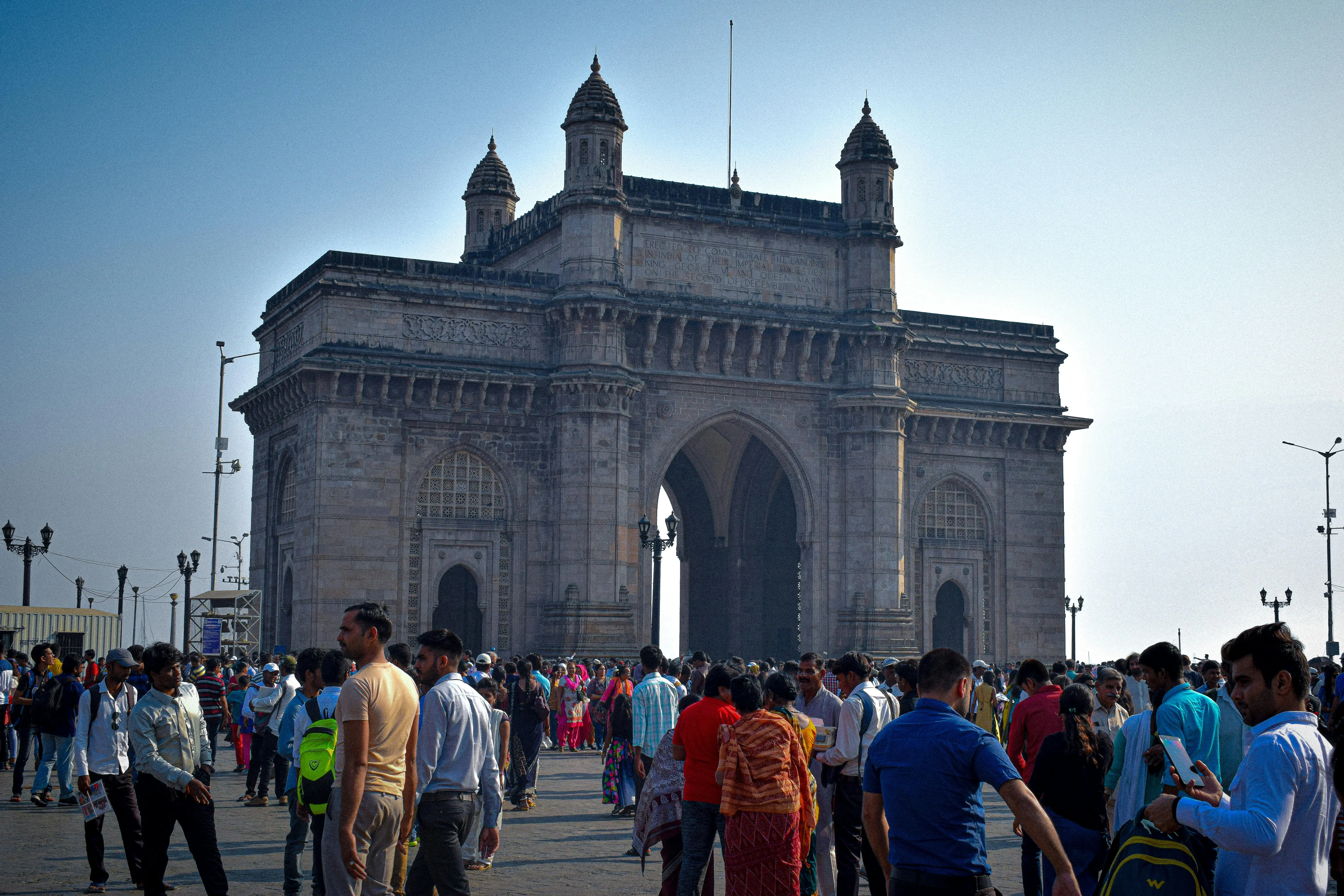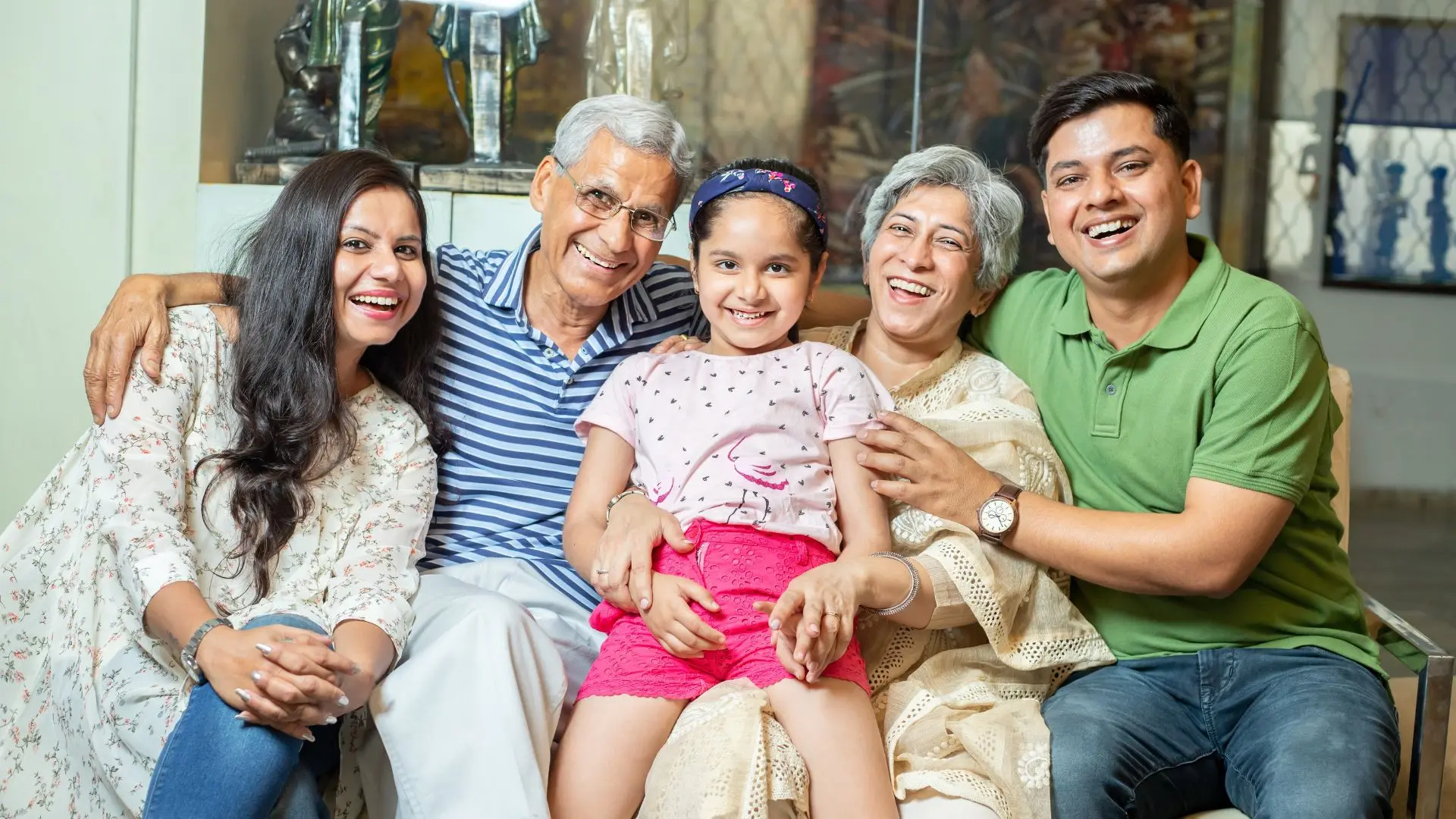The malaria parasite undergoes a complex life cycle involving both human and mosquito hosts.

Blog
Life Cycle of Malaria Parasite: Key Stages Explained
The malaria parasite undergoes a complex life cycle involving both human and mosquito hosts. Understanding the key stages of the malaria parasite's life cycle is essential for developing effective strategies to control and prevent malaria. This guide explores the key stages of the malaria parasite's life cycle, detailing the processes that occur in both the human and mosquito hosts and highlighting their implications for disease transmission and control.
The life cycle of the malaria parasite begins when an infected female Anopheles mosquito bites a human, injecting sporozoites into the bloodstream. The sporozoites travel to the liver, where they invade hepatocytes (liver cells) and undergo asexual reproduction. This stage can last from a few days to several weeks, depending on the Plasmodium species. In the liver, the sporozoites mature into schizonts, which eventually rupture and release merozoites into the bloodstream.
Once in the bloodstream, the merozoites invade red blood cells (RBCs) and undergo asexual reproduction. This stage involves several key processes:
The merozoite transforms into a ring-shaped trophozoite inside the RBC. The trophozoite feeds on the hemoglobin within the RBC.
The trophozoite matures and enlarges, eventually developing into a schizont containing multiple merozoites.
The schizont ruptures, releasing merozoites into the bloodstream to infect new RBCs. This cycle repeats, causing the characteristic symptoms of malaria such as fever and chills.
Some merozoites develop into sexual forms called gametocytes, which circulate in the bloodstream and are taken up by a mosquito during a blood meal.
In the mosquito's gut, the gametocytes mature into male and female gametes, which fuse to form zygotes. The zygotes develop into ookinetes, which penetrate the gut wall and form oocysts. Inside the oocysts, sporozoites develop and eventually migrate to the mosquito's salivary glands, ready to infect a new human host during the next blood meal.
Gametocytes taken up by the mosquito mature into gametes in the mosquito's gut.
Male and female gametes fuse to form zygotes, which develop into ookinetes.
Ookinetes penetrate the gut wall and form oocysts, where sporozoites develop.
Sporozoites migrate to the mosquito's salivary glands, ready to infect a new human host.
The complex life cycle of the malaria parasite has significant implications for disease transmission and control. Key points include:
The transmission of malaria depends on the interaction between infected humans and Anopheles mosquitoes. Effective control measures must target both hosts.
Controlling the mosquito population through measures such as insecticide-treated bed nets (ITNs), indoor residual spraying (IRS), and environmental management is crucial for reducing malaria transmission.
The emergence of drug-resistant strains of Plasmodium poses a challenge to malaria control. Ongoing research and development of new antimalarial drugs are essential.
Efforts to develop effective malaria vaccines are ongoing. Understanding the parasite's life cycle is crucial for identifying potential vaccine targets.
Effective malaria control requires a multifaceted approach, including:
Prompt diagnosis and treatment of malaria cases reduce the severity of the disease and prevent further transmission.
Using personal protective measures such as ITNs, repellents, and appropriate clothing helps reduce the risk of mosquito bites.
Community-based interventions, education, and awareness campaigns play a crucial role in malaria prevention and control.
Ongoing research into new treatments, vaccines, and vector control methods is essential for advancing malaria control efforts.
Understanding the life cycle of the malaria parasite is fundamental for developing effective strategies to control and prevent malaria. By targeting both the human and mosquito hosts and addressing the various stages of the parasite's life cycle, we can reduce the transmission and impact of this deadly disease. Continued research, innovation, and public health efforts are essential for achieving global malaria control and eventual eradication.
HealthOK Global provides expert insights on nutrition, meal planning, and healthy eating habits. Contact our FREE 24 x 7 Healthcare Helpline at +91-8047190955 for assistance.
The life cycle of the malaria parasite begins when an infected female Anopheles mosquito bites a human, injecting sporozoites into the bloodstream. The sporozoites travel to the liver, where they invade hepatocytes (liver cells) and undergo asexual reproduction. This stage can last from a few days to several weeks, depending on the Plasmodium species. In the liver, the sporozoites mature into schizonts, which eventually rupture and release merozoites into the bloodstream.
Once in the bloodstream, the merozoites invade red blood cells (RBCs) and undergo asexual reproduction. This stage involves several key processes:
Understanding the life cycle of the malaria parasite is fundamental for developing effective strategies to control and prevent malaria. By targeting both the human and mosquito hosts and addressing the various stages of the parasite's life cycle, we can reduce the transmission and impact of this deadly disease. Continued research, innovation, and public health efforts are essential for achieving global malaria control and eventual eradication.
Need Personalized Health Guidance?
Get expert advice tailored to your specific health needs from our qualified healthcare professionals.





